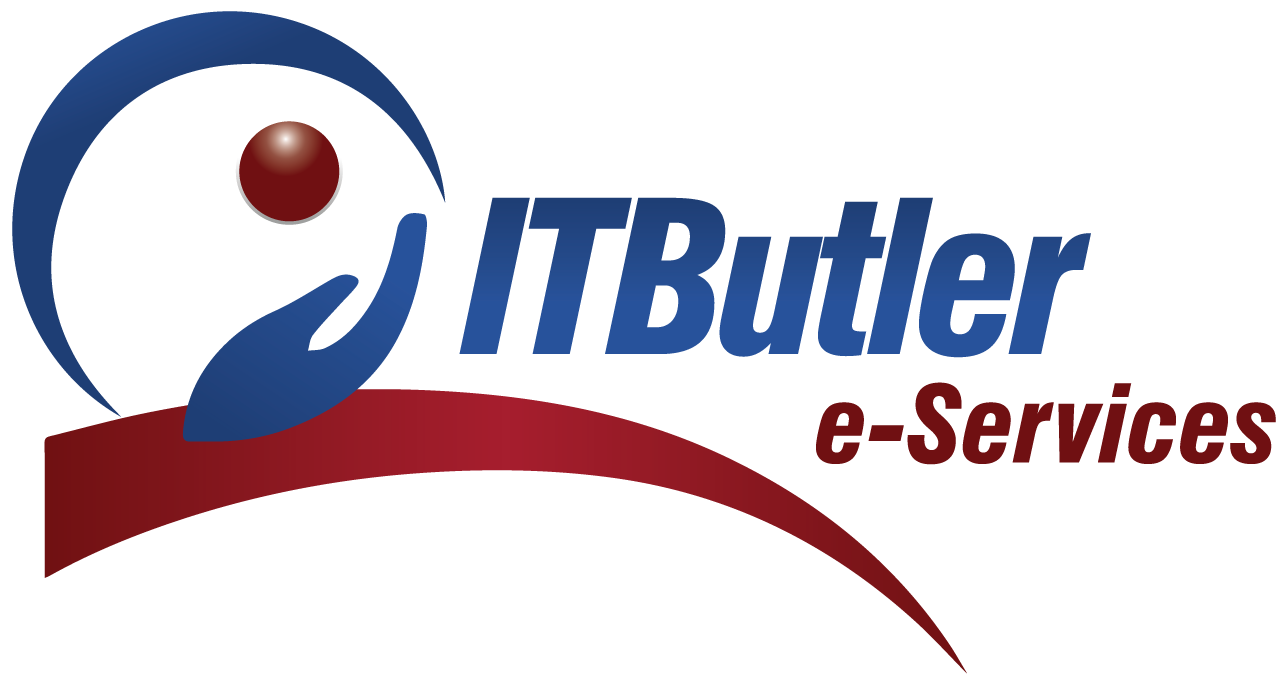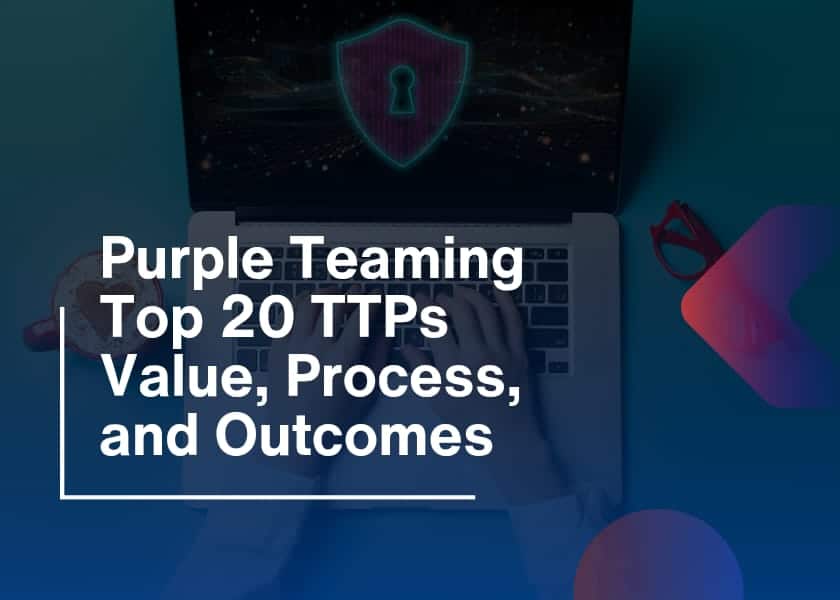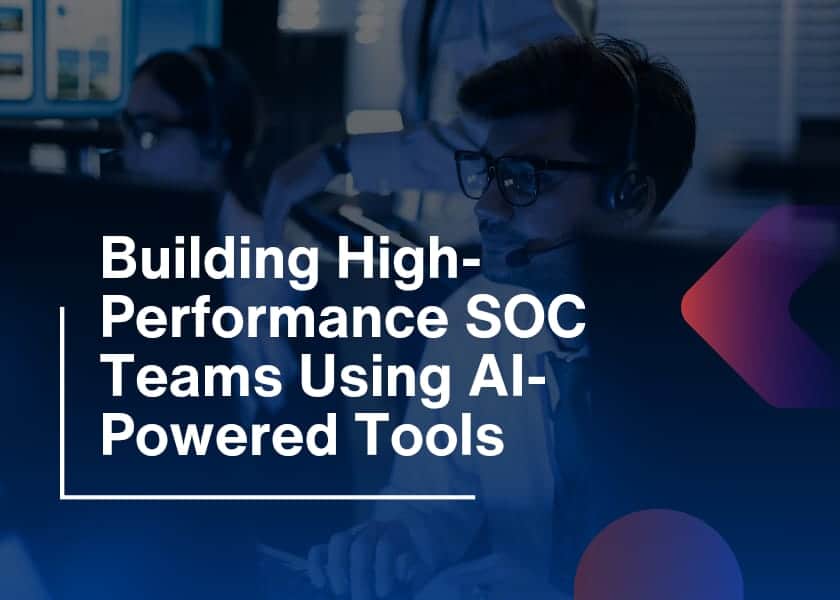In today’s hyper-connected world, no industry is safe from cyber threats. From ransomware to phishing scams, organizations face countless digital risks daily. As a result, many businesses are partnering with Managed Security Service Providers (MSSPs) to protect their data, systems, and reputation. These providers offer continuous monitoring, threat detection, incident response, and more. But here’s the key question: which sectors benefit the most from these services? This blog explores the top industries using MSSPs, highlighting why MSSP partnerships have become vital in their security strategies.
Top Industries Using MSSPs to Strengthen Cybersecurity
Although nearly every organization can benefit from outsourcing cybersecurity, certain industries stand out due to their higher risk levels, sensitive data, and regulatory pressures. Let’s dive into the sectors that gain the most from working with MSSPs.
Healthcare
Healthcare providers are prime targets for cyberattacks, mostly because they handle sensitive patient data such as medical records, insurance details, and payment information. A single data breach can result in devastating consequences, including HIPAA violations, lawsuits, and damaged reputations.
Hospitals, clinics, and telemedicine providers often lack the internal resources to monitor threats 24/7. MSSPs fill this gap by providing around-the-clock network monitoring and advanced threat detection. They also help these organizations meet strict regulatory requirements and ensure secure access to data across systems and devices. With the rapid adoption of digital health tools and Internet of Medical Things (IoMT), healthcare organizations increasingly rely on MSSPs to manage the growing complexity of their cybersecurity needs.
Finance and Banking
Banks, credit unions, fintech firms, and insurance companies face enormous pressure to secure their operations. The financial sector is frequently targeted by cybercriminals due to the direct access it provides to monetary assets and customer identities.
That’s why the finance industry is one of the leading industries using MSSPs. These providers help detect suspicious transactions, monitor user access to sensitive data, and protect online banking platforms from fraud. More importantly, MSSPs assist financial institutions in staying compliant with regulations like PCI DSS, SOX, and GLBA. They also offer insights through threat intelligence tools, helping institutions anticipate and prevent attacks before they occur. In addition, MSSPs are adept at spotting insider threats, employees with access who might misuse their privileges.
Retail and E-Commerce
Retailers, especially those in the e-commerce space, handle large volumes of customer data daily. Payment details, shopping preferences, and personal information are often stored in online databases, making them prime targets for data theft.
MSSPs play a crucial role in helping retailers defend against point-of-sale attacks, DDoS threats, and fraudulent activity. They monitor networks, secure payment systems, and ensure compliance with payment card industry standards. During high-traffic periods like Black Friday or holiday sales, MSSPs help retailers handle increased cyber risks without disrupting customer experience. Beyond basic protection, MSSPs enable retailers to build consumer trust by demonstrating a proactive approach to cybersecurity.
Manufacturing
The manufacturing sector may not seem like an obvious target for cyberattacks, but it’s increasingly vulnerable as more factories adopt smart technologies and connect their systems to the internet. Industrial control systems (ICS), smart sensors, and remote monitoring tools are now essential to modern production, but they also open doors to cyber threats.
Manufacturers benefit from MSSPs through enhanced protection of critical infrastructure. These providers help secure operational technology (OT) environments and prevent downtime caused by malicious actors. They also assist in securing the supply chain, which is often one of the weakest links in manufacturing cybersecurity. In today’s competitive landscape, ensuring smooth operations and safeguarding intellectual property is essential, and MSSPs make that possible.
Government and Public Sector
Government agencies store vast amounts of citizen data, operate critical infrastructure, and manage highly confidential information. Whether it’s municipal services or national defense departments, public-sector organizations face constant cyber threats, including those from nation-state actors.
Unfortunately, many government departments lack sufficient cybersecurity budgets or staff. That’s why MSSPs have become an important partner for public institutions. They provide real-time monitoring, patch management, and response services tailored to meet government standards. They also ensure compliance with evolving regulations and implement secure communication channels between departments. In smaller municipalities, MSSPs often manage the entire security stack, providing protection that would otherwise be too costly to build in-house.
Education
Universities, colleges, and even K-12 schools have embraced digital platforms for learning and administration. However, this shift has made them vulnerable to attacks targeting student records, research data, and financial information.
Educational institutions are increasingly turning to MSSPs for comprehensive security support. These providers help secure learning management systems, prevent unauthorized access to databases, and educate faculty and staff on cybersecurity best practices. They also ensure institutions meet data protection standards such as FERPA and COPPA. Because schools often lack dedicated IT security teams, MSSPs offer an affordable, scalable solution that helps them focus on delivering education rather than fighting off cyber threats.
Legal and Professional Services
Law firms, accounting agencies, and consulting companies handle large volumes of sensitive data, including contracts, tax returns, intellectual property, and litigation documents. Breaches in this sector can have serious legal consequences, making cybersecurity a top priority.
MSSPs assist these businesses by managing encrypted communications, preventing unauthorized access to case files, and ensuring data backups are secure. For a law firm, especially, demonstrating strong data protection practices can enhance client confidence and attract new business. With limited in-house security expertise, many legal professionals prefer the convenience and reliability that MSSPs provide.

Why These Industries Rely on MSSPs
A common question is why these organizations don’t just build their security teams. While that might work for a few large enterprises, most businesses find it more practical and often more effective to outsource cybersecurity to MSSPs. For starters, MSSPs offer cost-efficient solutions. Hiring, training, and retaining in-house cybersecurity experts is not only expensive but also difficult given the talent shortage in the field. MSSPs bring ready-made expertise and cutting-edge tools to the table.
In addition, MSSPs offer 24/7 monitoring, something most internal teams cannot sustain. They continuously analyze network activity, detect anomalies, and respond to incidents in real time. Their proactive approach helps prevent small issues from becoming major breaches. Another key benefit is compliance. Many industries using MSSPs face tight regulatory requirements. MSSPs help organizations maintain records, conduct audits, and update policies by current laws.
New and Emerging Sectors Turning to MSSPs
As cyber threats evolve, more industries are using MSSPs. Real estate firms now protect their digital transactions and property data using managed security services. The media and entertainment sector secures digital content, user data, and creative assets with the help of MSSPs. Even energy and utility companies, due to growing threats to national infrastructure, are investing in MSSP partnerships to avoid disruptions.
In essence, industries using MSSPs now go well beyond the traditional high-risk sectors. The playing field is expanding as more organizations prioritize cybersecurity in their growth strategies.
What to Look for in an MSSP
Choosing the right MSSP can make or break your cybersecurity efforts. It’s important to assess whether the provider has experience within your industry. A good MSSP should understand the specific threats and compliance needs relevant to your sector.
It’s also wise to evaluate their service level agreements, response times, and communication methods. The best MSSPs offer a proactive approach, giving regular updates, risk reports, and tailored recommendations. Make sure the provider uses modern tools like SIEM (Security Information and Event Management), EDR (Endpoint Detection and Response), and can scale with your needs.
Final Thoughts
The threat landscape is evolving rapidly, and businesses can no longer afford to treat cybersecurity as a secondary issue. Across all sectors, the need for strong, proactive, and adaptable security has never been more critical. That’s why the number of industries using MSSPs is rising year after year. From healthcare to finance, education to government, industries are using MSSPs to reduce risk, ensure compliance, and maintain customer trust. As digital transformation accelerates, Managed Security Service Providers (MSSPs) will become even more integral to business success.
In summary, partnering with an MSSP is no longer just a smart move, it’s a strategic necessity. If your organization handles sensitive data, operates online platforms, or wants to stay ahead of evolving threats, it’s time to explore what MSSPs can offer. The industries using MSSPs aren’t just protecting themselves; they’re setting the standard for secure, future-ready operations.





